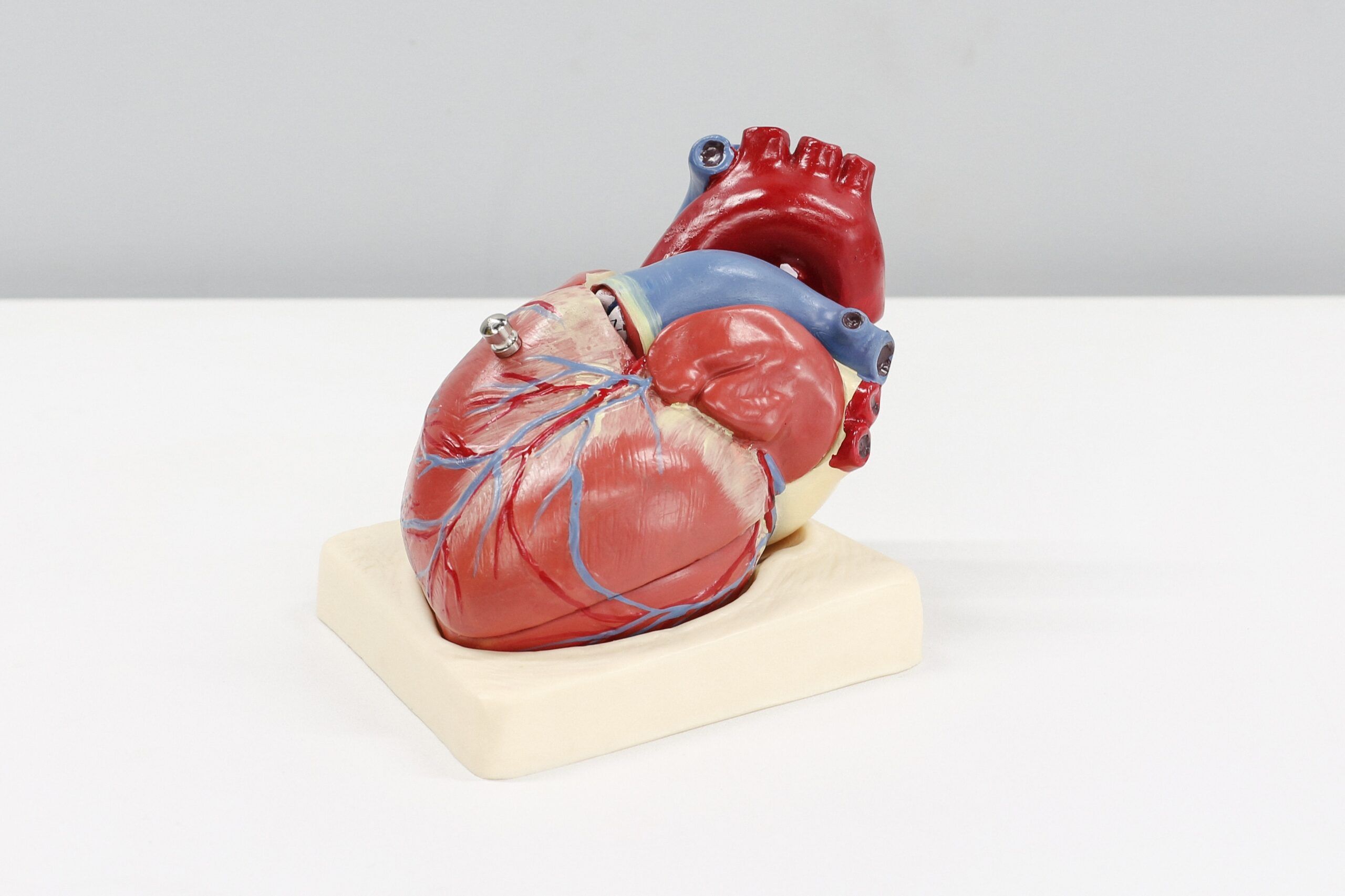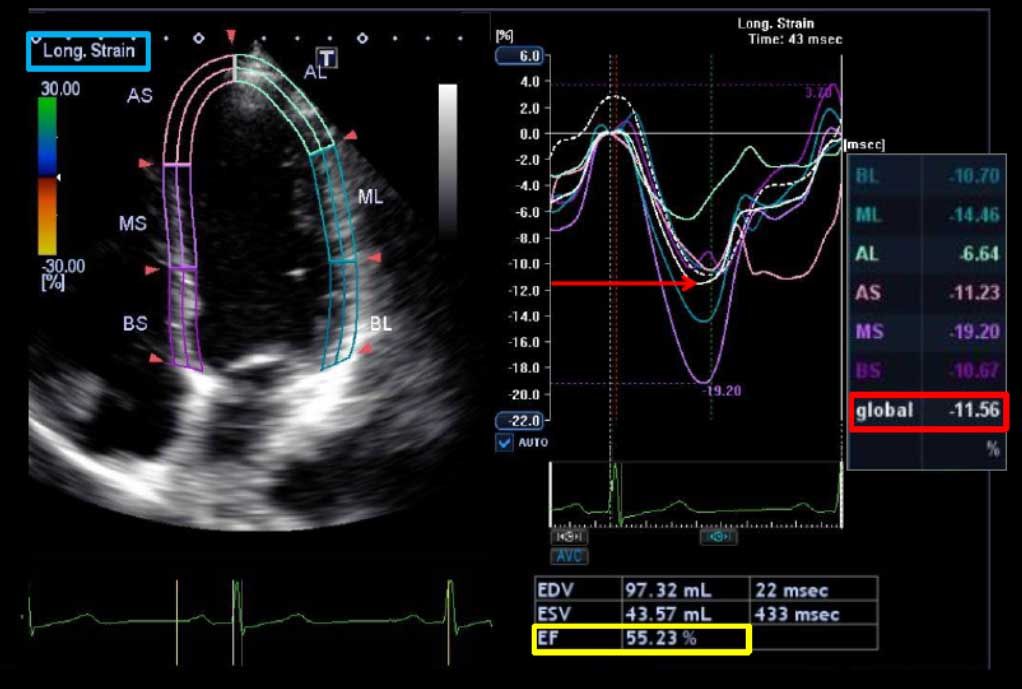Stress After Sleep Deprivation Increases Blood Pressure
Not getting enough sleep can affect us in many ways — worsening our mood, decreasing productivity and affecting our ability to concentrate. And stress? We all know how that can affect our daily lives. But what about the effects of sleep deprivation and stress that are less noticeable? Not only can stress and getting little sleep have negative effects on our body, they can also have more serious long-term effects on our health.
Studies have long suggested that sleep deprivation can increase risk for heart disease and even death. The exact cause of this relationship has remained a bit of a mystery, but recent findings may help explain why getting enough sleep is essential for our heart health. Researchers from the University of Pittsburgh’s Sleep Medicine Institute found that not getting enough sleep in addition to stress can have a serious impact on our blood pressure, and ultimately our cardiovascular health. In a study involving 20 healthy young adults, they found that stress in combination with sleep deprivation increases systolic blood pressure by 10 points in comparison with being stressed but well-rested.
These findings are very interesting, as they help clarify the relationship between stress, sleep, blood pressure and heart disease. Doctors know that chronic stress is a risk factor for heart disease, as it can raise blood pressure, putting a strain on the heart. They also know that getting enough sleep each night can help us live longer and improve our heart health. But knowing how these two factors in combination can affect blood pressure will prove helpful in the fight against heart disease.
Sleep deprivation and stress often come hand in hand as partners in a vicious cycle that, if not addressed, can become chronic conditions that can affect our health. However, these study findings may help people break this cycle. By getting enough sleep, we can help reduce the effect that stress may have on our blood pressure. In turn, this can reduce stress levels, lowering blood pressure and improving heart health.
Questions for You to Consider
Q: How much sleep is recommended each night for adults?
A: Although there is no magic number that is right for everyone, most adults require 7-9 hours of sleep each night. However, everyone is different. Some adults may need 7 hours of sleep each night to feel alert the next day, while others may require 9 hours to feel well-rested and awake.
Q: How does stress affect blood pressure?
A: When the body encounters stress, heart rate increases and blood vessels narrow, causing a temporary rise in blood pressure. When stress becomes a chronic condition, it can lead to hypertension (high blood pressure) — a risk factor for stroke, heart attack and heart disease.


